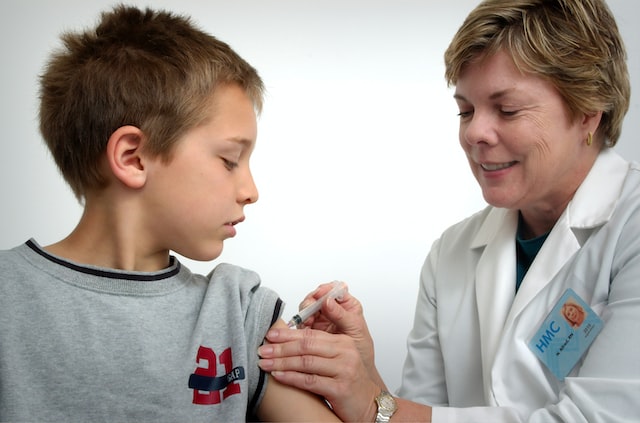
July 14, 2021
With the pandemic now hopefully behind us, how can seniors most safely enjoy and celebrate this summer?
There are two priorities to keep our community’s elders safe:
- Avoiding the dangers of excessive summer heat and humidity, and
- Preventing falls is a year-round need, but one where summer presents some special challenges.
Keeping Cool During Our Hot Summers
Unfortunately, heat exhaustion and heat stroke, which can even lead to death, is much more common in aging. Simple prevention includes staying out of the direct sun between 9 am and 3 pm, exercising in air-conditioning or during the cooler times of day, staying well hydrated with water & electrolytes (sports drinks), and wearing loose, lightly colored clothing. Non-alcoholic iced drinks can also help keep you cool, and be careful consuming alcohol – too much of it can be dangerous, for everyone.
How Do You Spot and Treat Someone Who is Over-Heated?
People with heat exhaustion or heat stroke can display weakness, dizziness, headache, confusion, a fast pulse, heavy sweating or red, hot, dry, or damp skin, and lose consciousness (pass out). Treatment includes moving them to a cooler place, using cool cloths or a cool bath to lower their body temperature, sipping water, and if they do pass out or symptoms get worse, get immediate medical attention or call 911.
Preventing Falls Outside
Falls are the major reason seniors go to the Emergency Dept, get hospitalized, and even suffer an early death. Along with falling from heat exhaustion/stroke, many summer activities can lead to falls. This includes falls while hiking up in our beautiful Blue Ridge Mountains or at other area attractions. Along with taking a sturdy walking stick to navigate curbs and other uneven surfaces, be sure to pack all the supplies you need to stay well-hydrated and safe from the heat and sun. Be sure as well to take a charged cell phone and let someone not with you know where you’re going and when to expect you back.
Closer to home, other activities that can cause a fall includes yard work and anything involving a ladder, rather than risking an injury or your life climbing a ladder to clean a window or paint some trim. Hire a college student or a contractor to do the work. It can save you in the long run, literally! Yard work can also involve lifting heavy bags, rocks, or other items, all of which can contribute to joint and back pain, one of the most common reasons seniors go to the doctor and use pain medication. Again, hire someone else to do the work to avoid it becoming a pain in the neck or your back.
Fall Prevention in the Home
Although we all know how important fall prevention is, we often avoid or delay making needed home safety modifications. Right now, during the summer, is as good a time as any to finally make those necessary changes. Start with a home safety assessment, for which there are many good lists online, including from AARP. Then follow thru on priority items to keep you and your loved ones safe this summer and the whole year through.
ENJOY THE SUMMER SAFELY!
Disclaimer: This blog is for informational purposes only and does not constitute, nor is it intended to be a substitute for, professional advice, diagnosis, or treatment. Information on this blog does not necessarily reflect the official positions of Generations LifeCare Management and is provided “as is” without warranty. Always consult with a qualified professional with any particular questions you may have regarding your or a family member’s needs.
About Generations LifeCare Management: Discover the best way to age gracefully with Generations LifeCare Management – the leading expert in senior care. Our expert professionals aim to help you live your best life.
Contact us today to find a Generations LifeCare expert in your area.
Generations LifeCare Management – The Best LifeCare Management in Redding
Redding, CA 96003
United States (US)
Phone: (530)-780-6022
Email: Selina@generationslifecaremanagement.com
URL: https://generationslifecaremanagement.com
